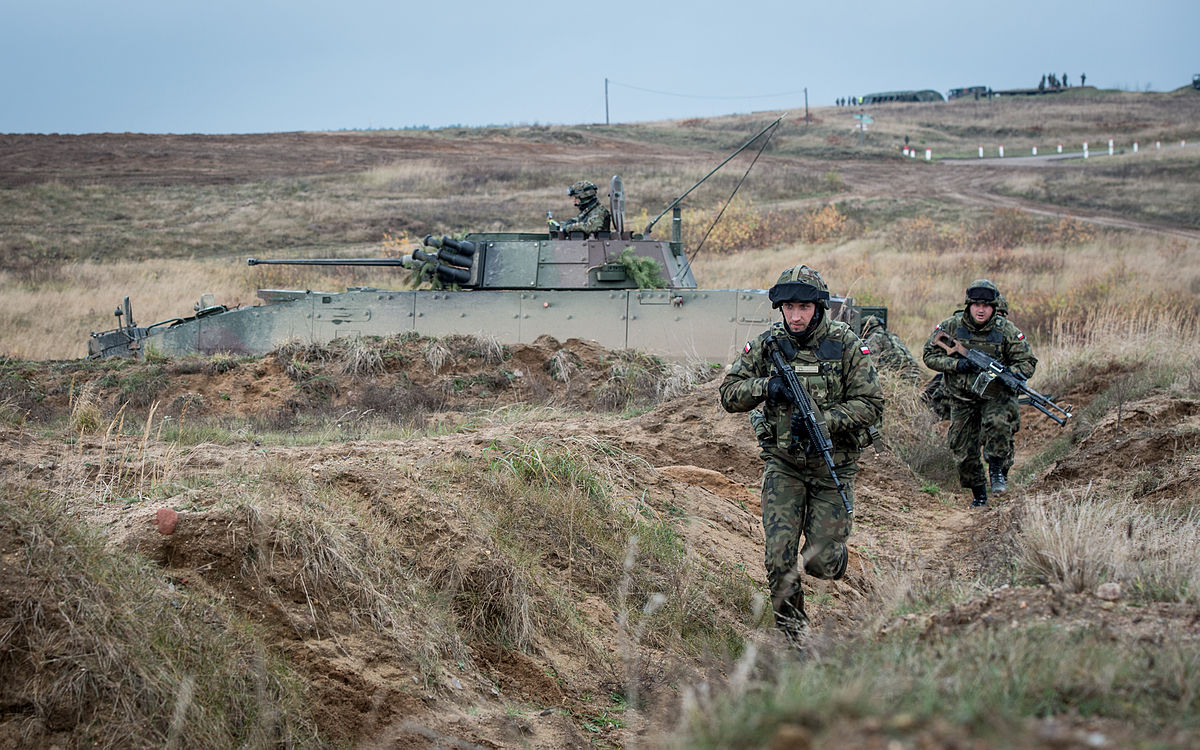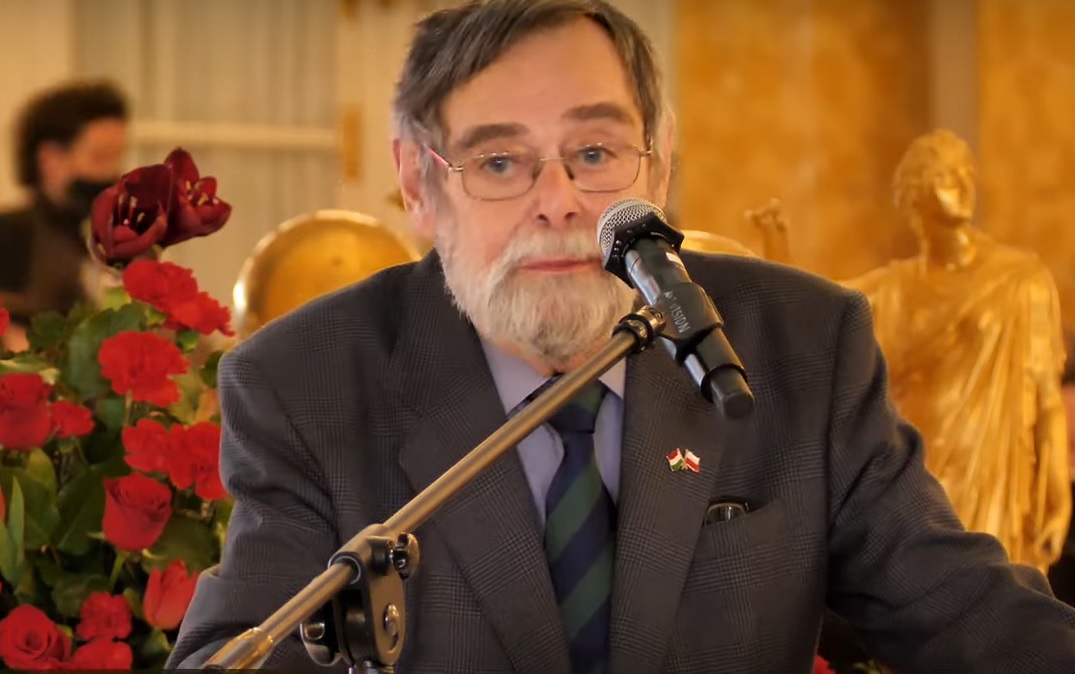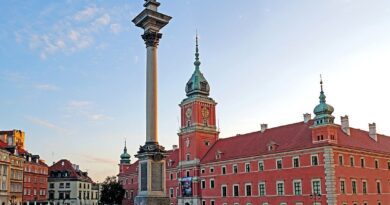Conscription must be restored: Men in Poland must be able to fight (Part 2)

Karol Gac is speaking with Romuald Szeremietiew, the former Minister of Defense
(…)
The Act on Homeland Defense is to enable, inter alia, increasing the number of soldiers to approx. 300 thousand Is this the right direction?
I am not a supporter of the popular opinion among politicians that, “the army should be smaller, but more modern”. The quality of the army, its weapons and the training of soldiers are of course of great importance, but so is the size of the army. We have a war in Ukraine and we see that it is important not only to maneuver, but also to have a military presence in all places where the enemy is breaking in, so that he does not have too much freedom. If there are not enough soldiers, even the best-trained professionals will not double in numbers to defend the whole territory. The size of the army is therefore important and it is good that the Polish army will have 300,000 soldiers. And when thinking about collective defense, it is also worth asking what next, e.g. with access to arms for citizens.
Exactly, what? The Armed Forces are one area, but it is clear, for example after seeing the operations in Ukraine, that well-armed and trained citizens are also extremely important.
We need a state defense system rooted in society, not a system in which a small professional army carries the entire load of defending a nation on its shoulders. Military professionals are needed and everything depends on them, but the social rooting of the defense system is, in my opinion, a necessary condition for effective defense. Volunteers in Ukraine come forward and receive weapons. I hope that Poland will draw conclusions from this conflict and we will approach it differently than before. Poles were de facto deprived of military training, and in addition, we are the nation with the least weapons per capita. We rank at the very bottom of Europe in this respect.
Especially since if the society is trained and armed, the potential attack will cost the aggressor much more.
Absolutely. Ukraine definitely did their homework. It is estimated that around 300,000 Ukrainians have combat experience after the war in the Donbass. These people are now report for duty, collecting their weapons, and go headfirst into combat.
Perhaps the answer to what you are proposing is the Territorial Defense Forces?
Yes. I was a supporter of building a territorial defense. In 1999, I even carried out the first project of creating the TD system, not only of the TD troops themselves, but the entire defense system. We had extensive plans, but I was removed from the Ministry of Defense in 2001 and subsequent ministers did not follow this path. The last blow to the TD brigades was dealt by Bogdan Klich, who simply liquidated them. The return to the formation of the Territorial Defense Forces by the United Right was a very good idea. What is TD? It’s nothing more than citizens who have access to weapons, who can fight and will defend their places of residence. They will resist the aggressor everywhere. In Ukraine, the contribution and value of territorial defense is very evident.
In recent years, many experts have said that wars will only take place in cyberspace. Meanwhile, in Ukraine, we are witnessing a classic war. Do you think that will wake up the West and its view of the army? Maybe some people wanted to abandon the classical military concept too quickly?
In my opinion, they will not wake up. The matter is actually very simple. In the event of a war, the aggressor gathers strength to have an advantage and uses it in a massive way to break the resistance of the defenders. On the battlefield in the old days, it is the material advantage and the training of soldiers and the skills of commanders that decide the fate of the conflict. If it is not given proper attention, then no hybrid tricks will be able to solve the problem.
Finally, I would like to ask about the reception of the Polish Army in society. Is it not so that despite the differences and sometimes criticism, the uniform of a soldier enjoys unflagging respect?
I agree. In Polish tradition and national identity, Poles have a deeply rooted respect for the soldier and the Polish uniform. How our army code was formed still holds true. Morale is key, because the military always feels supported by society. So, as a nation, we must strengthen the morale of our army. Undoubtedly, the motto “God, Honor, Fatherland” written on military banners is the key to proper morale in the army. A Polish soldier must have it inscribed in his head and on his heart, which will then translate into the combat capabilities of the entire Armed Forces.
This interview was published in March 2022 in “Do Rzeczy” magazine.



